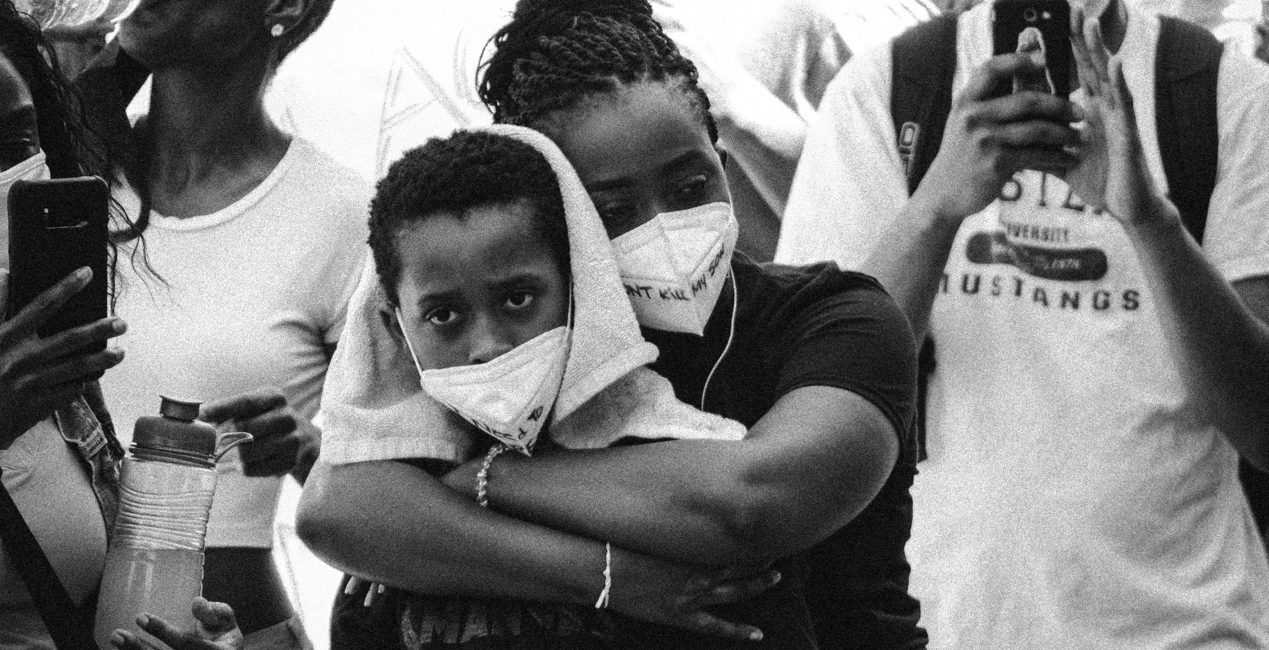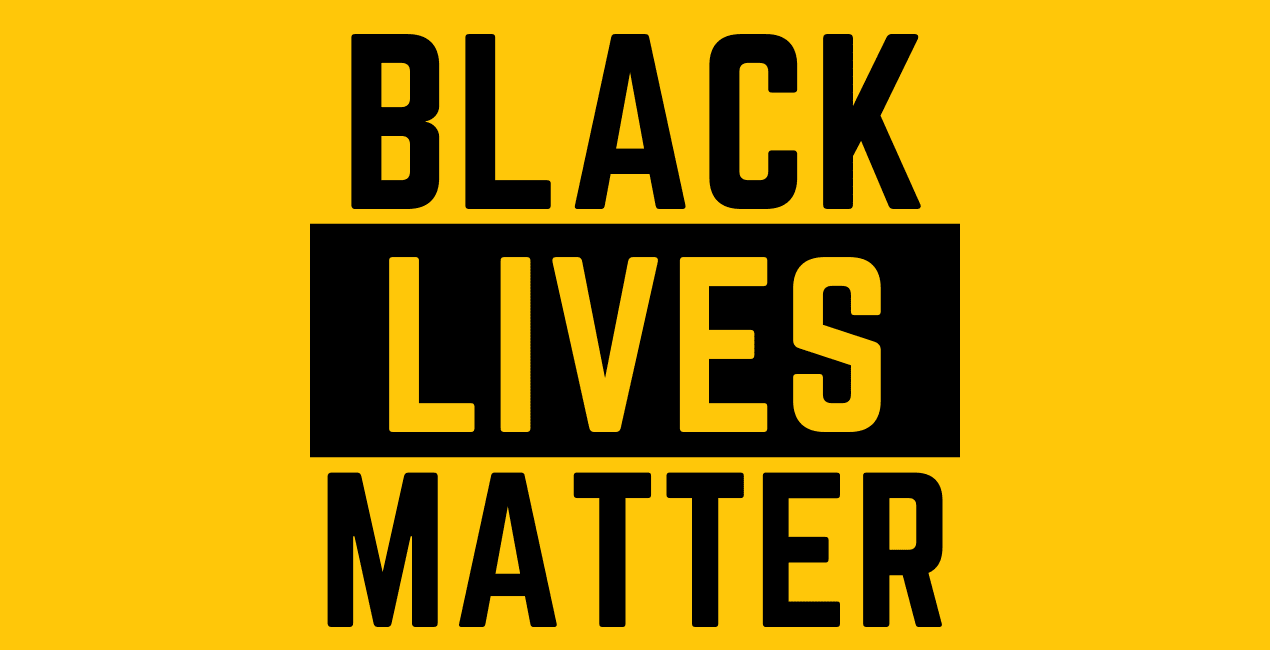Articles containing: discrimination
Talking to Your Children About Asian Hate

Read and share this article in Chinese. Thanks to MGH Marketing for making this possible.
阅读该文章请点击
Over the last year, there have been very disturbing reports and videos of hate and violence towards the Asian community.
与您的孩子谈论亚裔仇恨

过去一年,出现了很多针对亚裔群体的仇恨和暴力的报道和视频,令人不安。 作为华裔美国人,这些事件让我感觉我自己、我的家人、我的群体越来越脆弱。自然,我们希望保护我们的孩子免受这些事件的影响,但是我们也可以利用这些糟糕的暴力和种族歧视�
The Challenges of First-Generation College Students

This post on first-generation students is one in a series on college student mental health.
Tackling Racism Internally to Better Serve Our Communities – A Closer Look at Mass General’s 10-Point Plan, featuring Joseph Betancourt, MD, MPH

When it comes to structural racism in health care, commitment to change stems from the top in creating physically and emotionally healthier communities.
Ways to Emotionally Support Your Teen in Responding to Racism and Racialized Violence

There is so much out there on how to talk to your little ones about the racism and racialized violence going on in our world today. However, there isn’t as much, in the way of guidance, as it relates to talking to your older children, teenagers, or young adults who may still reside at home.
Moving Towards Anti-Racism for Our Future Generations, featuring O’Neil Britton, MD – Shrinking It Down

Tune in wherever you get your podcasts. Just search for “Shrinking It Down.”
If you’re Black or Brown and growing up in America, it’s noticeable from a very young age that something feels off. That’s because, no matter where you go, there is a layered, structural unfairness that plays out.
How We Talked About Racism With Our Very Young Kids: A Child Psychiatrist Mom’s Conversation With Her 5- and 3-Year-Old Sons

June 26, 2020
Like many people in the world, I’ve been very emotionally affected about how the recent news on police brutality towards the Black community exposed the racism that continues to prevail.
Minneapolis: Helping Young People to Understand and Stay Safe

To help you start, or continue conversations you’ve already begun, here are some guiding resources:
How and why to discuss Juneteenth with your children (The Washington Post)
Ways to Emotionally Support Your Teen in Responding to Racism (MGH Clay Center)
16 ways to help children become thoughtful, informed, and BRAVE about race (Emb
The Crisis In Pediatric Psychiatric Emergency Rooms

Psychiatric emergency rooms are busier than you can imagine—unless you’ve been stuck in one. In fact, there’s only one emergency room setting that’s even more so: pediatric psychiatric emergency rooms.
My Child Is Being Bullied Because Of Religion

There is a saying with regard to prejudice and human behavior. It’s a shrinky phrase (by that, I mean that it’s loaded with jargon), so I’m going to tell it first, and then we’ll translate it through, sadly, an increasingly common example.
Here’s the phrase:
“The narcissism of small differences.



